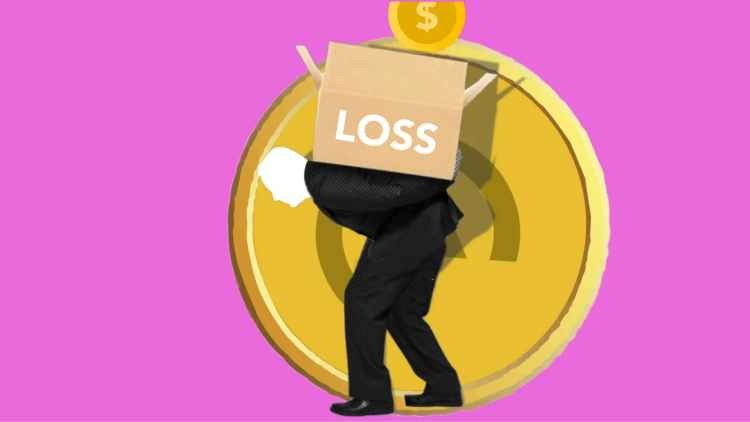The IRS has assessed me with a penalty. What can I do?

The most commonly assessed IRS penalty is the Failure to Pay penalty. This happens when you don’t pay your taxes by the filing deadline, which is generally April 15. It is important to note that even if you file an extension, this only gives you more time to file, not to pay. The Failure to Pay penalty is 0.5% of the unpaid taxes for each month or part of a month that the tax remains unpaid, up to a maximum of 25%. If you have a payment plan approved by the IRS, this penalty does not go away, though it is reduced to 0.25%. The penalty can also be increased to 1% if you do not pay your taxes within 10 days of receiving an Intent to Levy notice from the IRS. Interest can also accrue on a penalty balance, as well as on your unpaid tax balance.
So what should I do if I receive this penalty? The first thing you should consider is asking for a penalty abatement, which basically means asking the IRS to forgive the penalty. The most common reason that a penalty abatement is asked for (and given) is under the IRS First Time Penalty Abatement policy. You may qualify for an abatement under this policy if:
- You haven’t been assessed an IRS penalty in the last three years
- You do not have any late, unfiled tax returns
- You have paid (or arranged to pay) the tax due
You may request this abatement by simply calling the telephone number on your penalty notice from the IRS.
Another common penalty is the Failure to File penalty. This is related to not filing your tax return, or at least an extension, by the failing deadline when you owe a balance. There is no Failure to File penalty if you are due a refund (but you only have three years to claim a refund). This penalty is much more severe than Failure to Pay, as it is 5% per month, up to a maximum of 25%.
The Failure to Pay penalty is generally waived if you also have a Failure to File penalty, meaning that the maximum penalty per month is still just the 5%. Since this penalty is much worse than the Failure to Pay penalty, one should always file their tax return on time. Don’t delay filing just because you can’t afford to pay, there are other options available to you! And if you do have unfiled tax returns, you should file them as soon as possible in order to at least minimize this penalty. Also keep in mind that a late, unfiled return will disqualify you from First Time Penalty Abatement. However, this does not mean that there can’t be other ways to get the IRS to abate your penalties. All options should be considered!
So, when should you consider getting a tax professional involved? Well, certainly if you have been denied an abatement of a significant penalty, as an appeal should be considered. But really, you should consider engaging a professional any time that the penalty is a significant amount of money, is related to an IRS audit, or involves international issues.